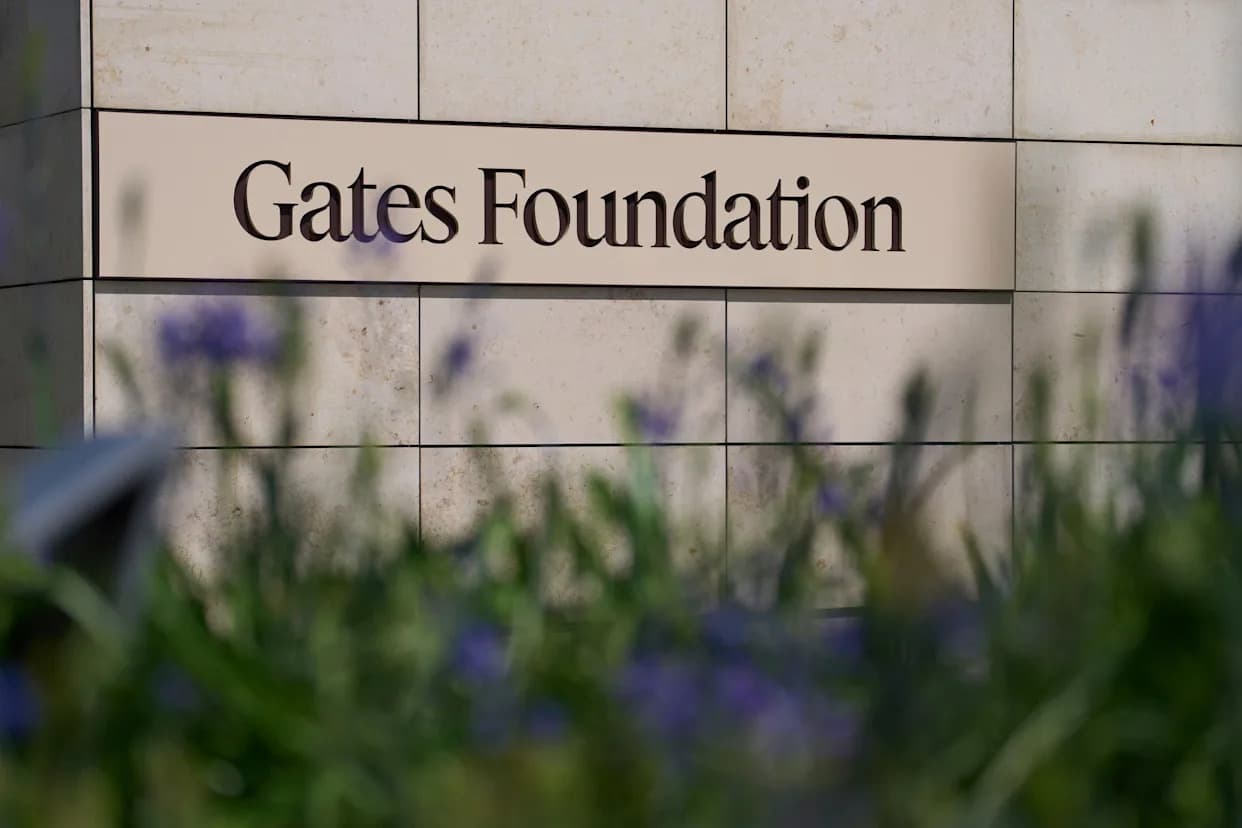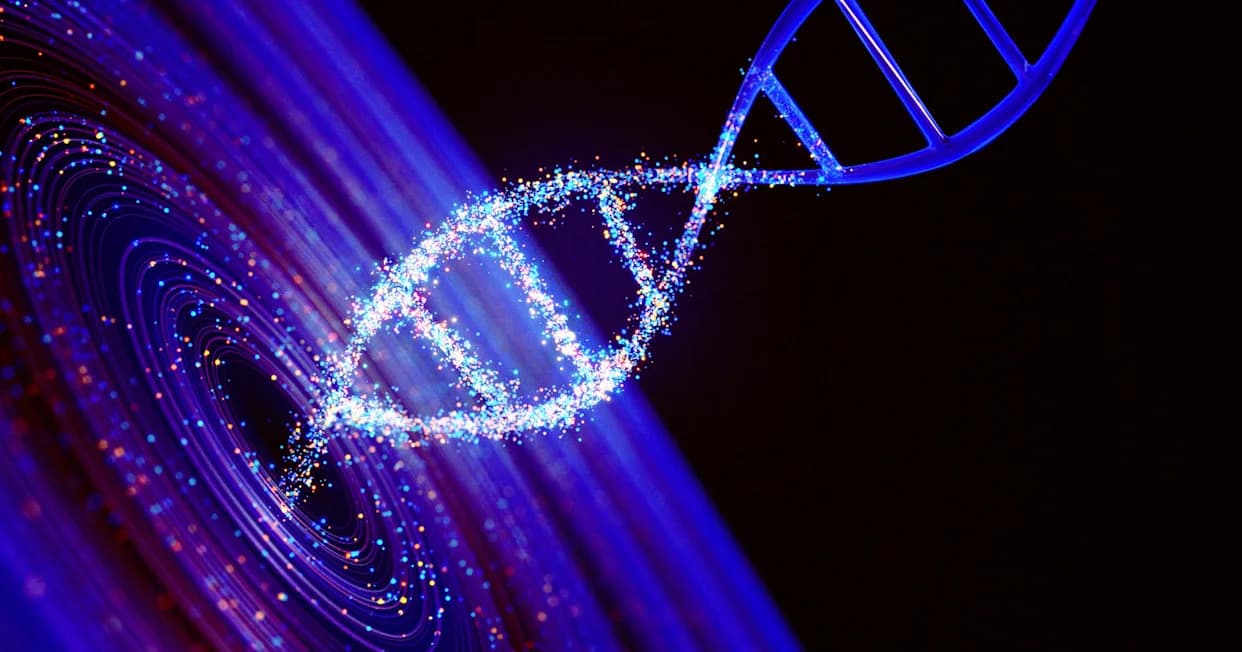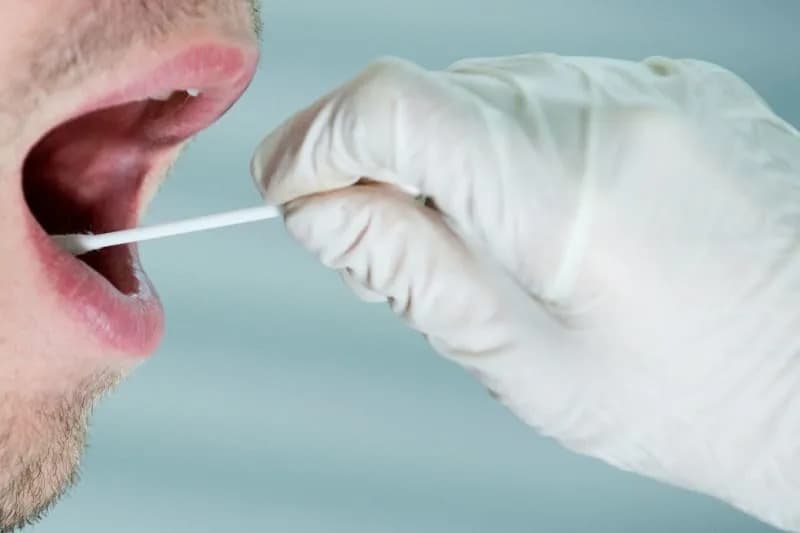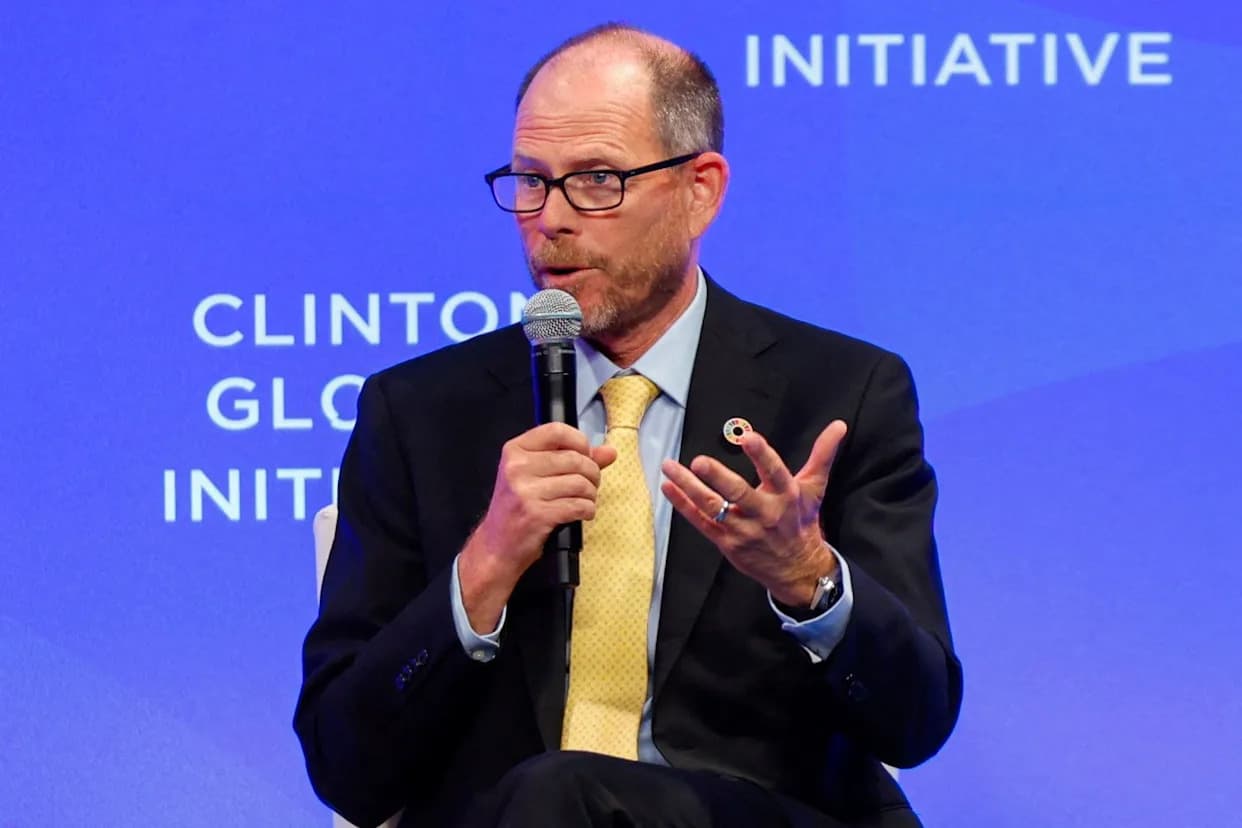The Chan–Zuckerberg family is concentrating most of its philanthropic funding on Biohub, prioritizing AI-driven biology to accelerate disease research. Since 2016 they have given roughly $4 billion to basic science, pledged 99% of lifetime wealth, and run Biohub with an operating budget near $1 billion a year while aiming to increase funding over the next decade. Biohub has hired EvolutionaryScale’s team and named Alex Rives head of science to lead efforts building open-source virtual cell systems. The move has drawn criticism after cuts to DEI, immigration and other social-program grants.
Zuckerberg and Chan Redirect Most Philanthropy to Biohub, Betting on AI and Biology to Accelerate Disease Research

Zuckerberg and Chan Redirect Most Philanthropy to Biohub
Mark Zuckerberg and Dr. Priscilla Chan are shifting the bulk of their philanthropic resources to Biohub — their science-focused network of research institutes — and doubling down on artificial intelligence and biology as tools to prevent, detect and treat disease.
Why the shift?
For the past decade the couple’s philanthropy has supported a range of causes, from under-resourced schools and immigration reform to diversity, equity and inclusion (DEI) initiatives. But at an event at the Biohub Imaging Institute in Redwood City, California, Zuckerberg said the Biohub model has been “the most impactful thing that we have done,” and that they will now make Biohub the primary focus of their giving.
“So we want to really double down on that. Biohub is going to be the main focus of our philanthropy going forward,” Zuckerberg said.
Scale of the commitment
The couple have pledged 99% of their lifetime wealth to philanthropic causes, much of it held in Meta Platforms stock where Zuckerberg is CEO. Since Biohub launched in 2016, they have donated roughly $4 billion to basic science research — a figure that does not include the operating costs of a large-scale computing cluster used for life‑science work. Biohub reports an operating budget near $1 billion a year and says it aims to roughly double the total funding it has provided over the next decade.
Focus: AI-driven virtual cell systems and open tools
Chan and Zuckerberg want to accelerate tool development and long-term projects (10–15 years) that produce broadly useful scientific resources. Their stated aim is to build open-source, AI-enabled “virtual cell” systems: digital models of human biology at molecular, cellular and genomic levels that scientists anywhere could use to run virtual experiments at scales impossible in physical laboratories.
Chan — a pediatrician who treated children with rare conditions — said that new AI approaches offer the first realistic chance to model how genetic mutations affect different cell types and where biological systems break down, information that can point to new treatments.
Personnel and partnerships
Biohub recently hired the team from EvolutionaryScale, an AI research lab that built large-scale AI systems for the life sciences. Alex Rives, co-founder of EvolutionaryScale, will serve as Biohub’s head of science, leading research across experimental biology, data and AI. Financial terms were not disclosed.
Accomplishments so far
Since its founding around the time of the couple’s first child, Biohub says it has helped assemble the largest single-cell data set, contributed to major human cell mapping efforts, developed sensors that measure inflammation in real time in living cells, and advanced research into rare diseases. The organization plans to continue that work while leaning more heavily on AI-driven approaches.
Criticism and context
The shift has prompted criticism after the Chan Zuckerberg Initiative curtailed grants tied to DEI, immigration advocacy and other social programs earlier this year. Biohub also removed references to DEI from parts of its website, including a passage acknowledging historical exploitation of people of color and marginalized communities in scientific research. The couple says the move toward science predates recent political developments and is a strategic choice about where they can make the biggest impact.
Some observers note the change comes as the federal government has reduced funding for scientific research and public health, creating a larger perceived gap for private philanthropy to fill. At a nearby event, singer Billie Eilish urged wealthy attendees to give more of their fortunes away, a sentiment that drew applause.
What to watch
Key questions include whether AI-enabled, open-source virtual biology platforms will translate into faster clinical breakthroughs for people (not just model organisms), how Biohub will address ethical and equity concerns in biomedical research, and how the organization will balance ambitious long-term projects with near-term impacts for patients.
Bottom line: The Chan–Zuckerberg team is concentrating its philanthropic firepower on building open, AI-driven tools for biology through Biohub, committing significant capital and top technical talent to the effort while drawing scrutiny for its reduced emphasis on social‑policy grants.
Help us improve.


































